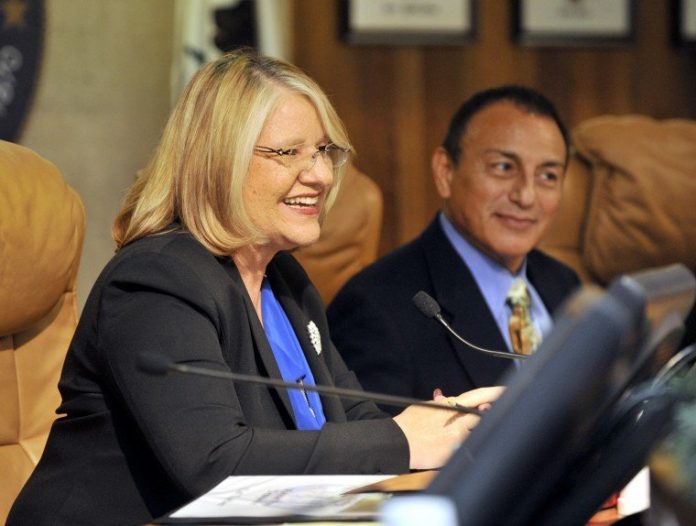
A more than 20-year run of auditing the City of Gilroy’s financial statements has come to an end for nationwide-firm Mayer Hoffman McCann P.C.
The firm’s historical ties to and understanding of Gilroy’s pecuniary dealings proved to be its undoing as City Council approved a motion to switch auditors by a vote of 5-2. Mayor Don Gage and Councilwoman Terri Aulman were the dissenting votes. Starting with this fiscal year ending June 30, 2013 and the two subsequent fiscal years, Southern California-based White Nelson Diehl Evans LLP will be reviewing the City’s accounting policies, procedures, internal controls and accounting treatments.
“We need to go to a new firm because we’ve had the same firm auditing us for 20 years,” said Mayor Pro Tempore Perry Woodward at a recent Council meeting. “It’s a highly controversial issue to keep an auditor on.”
“The best practice is a rotation cycle,” he added.
Woodward was referring to the fact that replacing audit firms at regular intervals ensures a fresh set of eyes is periodically looking over the City’s books.
“When new people come in, they see new things,” Woodward remarked.
Gage understands Woodward’s reasoning, but thinks switching auditing firms just for the sake of change is the wrong decision.
“I have a different viewpoint,” Gage explained. “We’ve had no complaints and everyone is satisfied.”
“For me it’s the wrong time. If it ain’t broke don’t fix it,” he added.
The City issued a request for proposals March 26, 2013 and received eight responses, according to documents provided by the City. Out of the eight, three made it onto the short list and were interviewed by the City Council subcommittee – comprised of Finance Director Christina Turner, Assistant Finance Director Barbara Voss and Woodward – and other City staff. The three firms who made it to the interview stage were Mayer Hoffman McCann P.C., White Nelson Diehl Evans LLP and Gallina LLP.
“The interview questions further probed the firm’s technical qualifications as well as their understanding of our audit requirements,” Turner explained. “Mayer Hoffman McCann scored the highest for the technical review as well as the formal oral interview.”
For two members of the City Council subcommittee, however, points are only part of the picture.
Voss and Woodward had White Nelson Diehl Evans LLP as the preferred auditor. In the presentation before Council, Woodward made it clear the subcommittee had agreed to disagree and would be unable to make a recommendation.
“Christina (Turner) scored the existing firm so high that statistically there was a slight advantage,” Woodward stated. “Two out of three on the panel preferred the new firm.”
Still, Woodward concedes, switching out auditing firms isn’t without challenges.
Moving away from the fiscal status quo is inefficient, Woodward posited, because of the upheaval involved in getting the new firm up to speed with the City’s operation and the bureaucratic backlash that follows.
“The natural push-back is that ‘the old people never asked for that,’” Woodward said.
Councilman Peter Leroe-Muñoz treated the question of the auditing company to some fiscal detective work of his own concerning the price differential between Mayer Hoffman McCann and White Nelson Diehl Evans.
“What’s the cost out the door for each of those firms?” he queried.
Turner explained that incumbent Mayer Hoffman McCann is going to cost $69,581 annually and new face on the street White Nelson Diehl Evans will cost $64,226 annually, saving the City more than $5,000.
Councilwoman Terri Aulman enlightened the assembled Council members on the dais about the travails that could be on the horizon.
“Going through the learning curve and the transition of bringing a new audit firm on board can be very painful, very difficult and very time consuming,” she observed. “It’s just something we ought to think about.”












